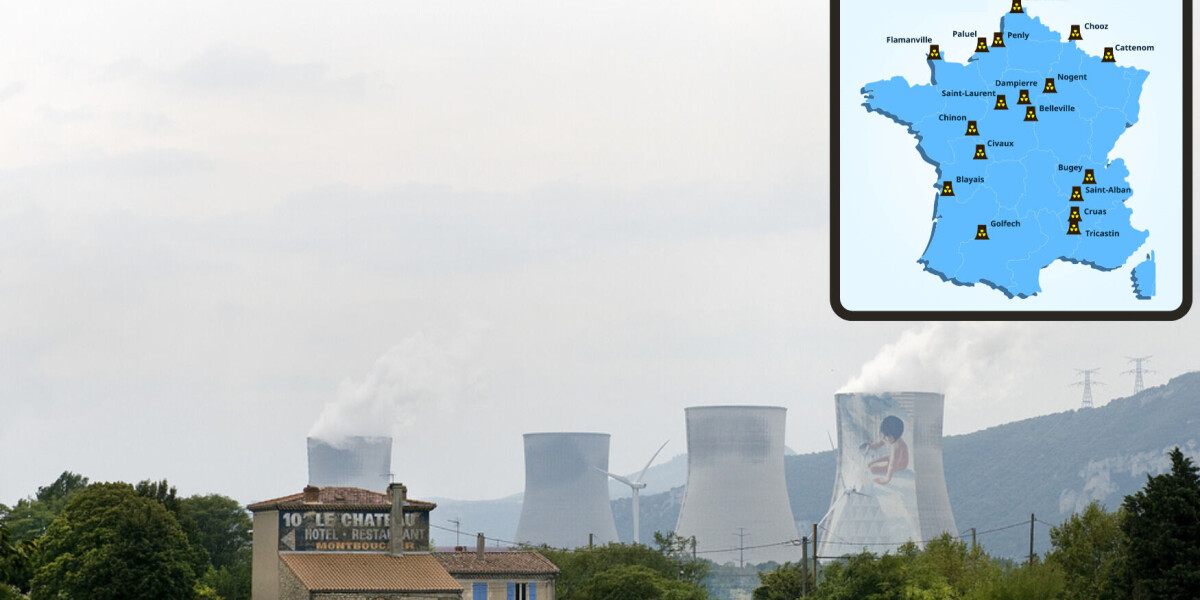
- Select a language for the TTS:
- UK English Female
- UK English Male
- US English Female
- US English Male
- Australian Female
- Australian Male
- Language selected: (auto detect) - EN
Play all audios:
PRESIDENT MACRON WANTS TO TRIPLE ATOMIC ENERGY PRODUCTION BY 2050 France is the third biggest producer of nuclear energy in the world and hopes to triple production by 2050. We look at where
the country’s nuclear sites are and at President Macron’s plans for more. Nuclear power represents up to 70% of the electricity produced in France at 282 Terawatt-hours (TWh), behind only
China (395TWh) and the US (772TWh) and far ahead of the UK (42TWh). However, many of its plants are approaching the end of their life-cycle. The majority of France’s 56 reactors date from
the 1980s, and only two have been built since the year 2000. In order to meet the requirements of the 2015 Paris Climate Accords, President Macron announced his plans to reinvest in France’s
ageing nuclear plants during last year’s COP28 climate meeting in Dubai. “Nuclear energy is back,” said Mr Macron (in English), adding that it was time to recognise the “essential role that
nuclear energy can play in efforts to reach zero carbon dioxide emissions on a global level”. “We will triple our capacity to produce nuclear energy between 2020 and 2050,” he said. WHERE
ARE FRANCE’S NUCLEAR SITES? France’s 56 reactors are shared between 19 sites. Another reactor is scheduled to power up at Flamanville this summer, bringing the total to 57 reactors. There
are also plans to construct six new reactors at three existing plants: * Two at Penly (Seine-Maritime) for 2035 * Two at Gravelines (Nord) for 2038 * Two at Le Bugey (Ain) for 2042
Construction is scheduled to start in summer 2024 on first of these new reactors in Penly, which like the others, will use the powerful new EPR-2 design. The estimated total cost for the six
reactors is around €67.4 billion. However, the six new sites will by no means triple French production, particularly since the older plants will increasingly be closed for repair and
maintenance. Indeed, in December 2021, the discovery of cracks in the emergency cooling systems of France’s four newest reactors led to them being shut down for over a year Regardless, Mr
Macron announced in February 2022 that France’s older plants could conceivably operate far into the future - beyond their 60th year or until they are no longer capable of producing
electricity, or no longer safe. Read more: Nuclear reactor approved to continue beyond 40 years, first in France







